Waste Sorting Facilities and Equipment
Waste sorting facilities and the equipment they employ are critical components of modern waste management systems. These plants process mixed waste streams into distinct categories, facilitating recycling and resource recovery. This article explores the policies, current status, and future trends in waste sorting across different countries.
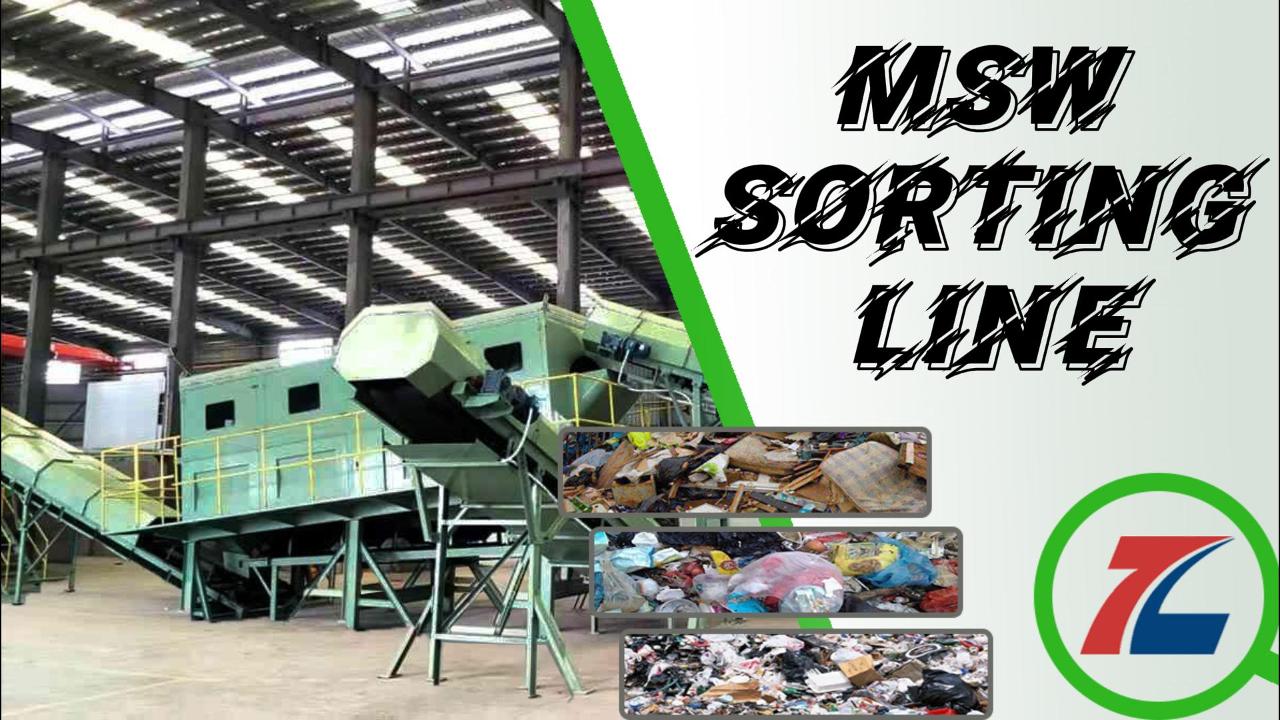
Global Policies
1. European Union (EU)
The EU has implemented stringent directives like the Waste Framework Directive and the Circular Economy Action Plan. These policies set ambitious recycling targets for member states and promote a circular economy where waste is minimized, and resources are reused as much as possible. Countries within the EU have invested heavily in advanced sorting technologies to meet these goals.
2. United States (US)
In the US, waste management policies are largely determined at the state level, with some federal guidelines. While there's no single national policy, many states have adopted recycling laws that encourage or mandatewaste sorting. Advanced sorting technologies are commonly used, but implementation varies widely between regions.
3. China
China has made significant strides in waste management, especially after banning the import of foreign waste in 2018. The country has launched several initiatives aimed at improving domestic waste sorting infrastructure and promoting public participation. Investment in technology and education plays a key role in this transition.
4. Japan
Japan has long been a leader in waste management and recycling. Its policies emphasize efficient waste sorting and disposal practices. High-tech sorting facilities and comprehensive public awareness campaigns contribute to one of the highest recycling rates globally.
5. India
India faces challenges due to rapid urbanization and population growth. However, it has introduced the Swachh Bharat (Clean India) Mission, which includes efforts to improve waste segregation at source. Although progress has been made, there is still a need for more investment in sorting technology and enforcement of regulations.
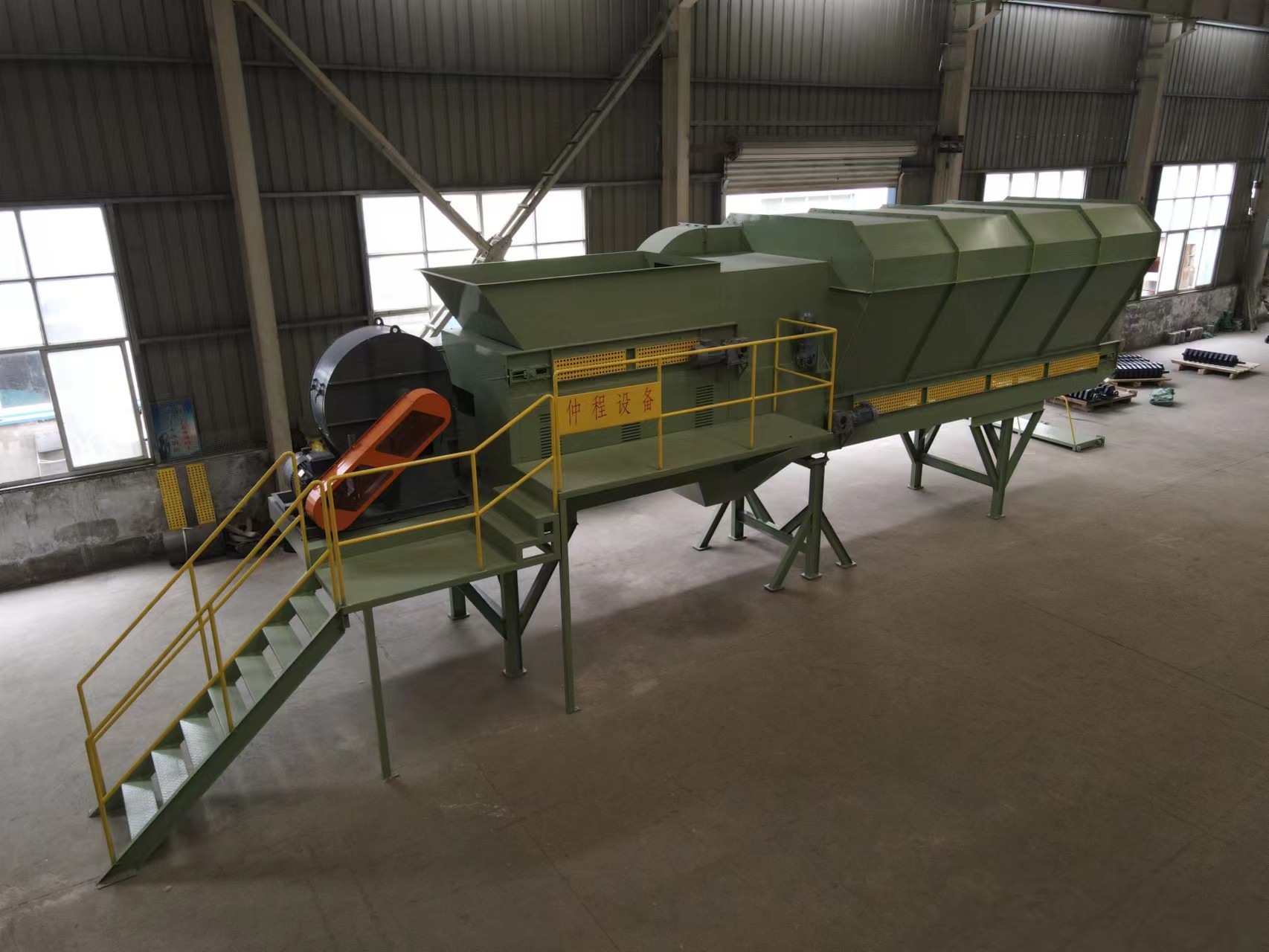
Current Status
- Advanced Technologies: Many developed nations use sophisticated sorting machines equipped with AI, robotics, and sensor-based systems to automate the sorting process. These technologies can handle complex waste streams and significantly increase efficiency.
- Public Participation: Countries with strong public engagement programs tend to have better outcomes in waste sorting. Educational campaigns, community programs, and incentives play a crucial role in encouraging proper waste segregation.
- Economic Factors: Economic considerations also shape the adoption of waste sorting practices. Countries with higher economic development often have more resources to invest in advanced sorting facilities and technology.
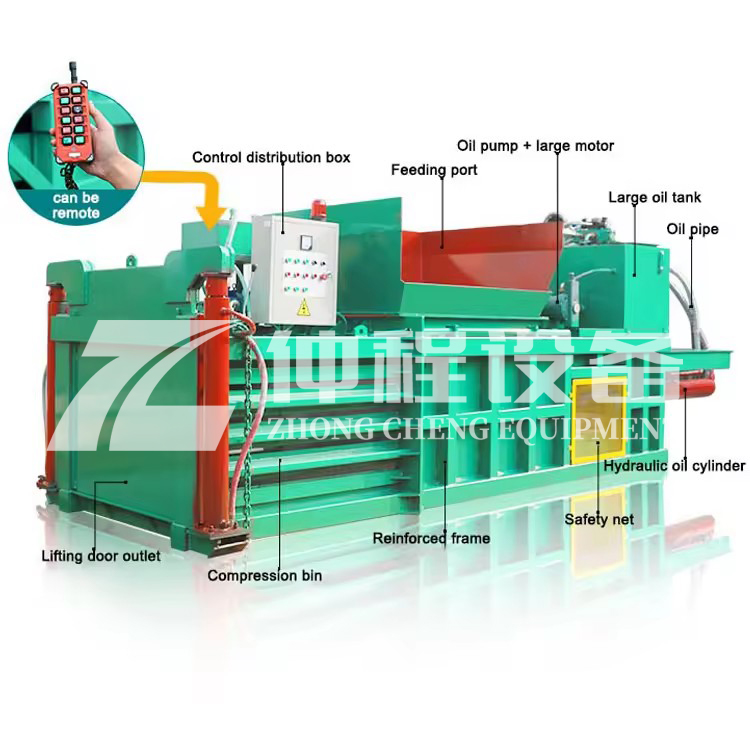
Future Trends
1. Increased Automation and AI Integration
The trend towards automation will continue, with more facilities adopting artificial intelligence and machine learning to optimize sorting processes. This will lead to greater accuracy and efficiency in separating materials.
2. Expansion of Circular Economy Initiatives
There will be a stronger push towards circular economy models, where waste is seen as a resource. Policies will likely focus on designing products for easier recycling and encouraging industries to use recycled materials.
3. Enhanced Public Engagement
Governments and private entities will place greater emphasis on educating the public about the importance of waste sorting. Innovative approaches such as gamification and social media campaigns may become popular methods for engaging communities.
4. International Cooperation
As waste management issues transcend borders, international cooperation will become increasingly important. Sharing best practices, technology, and research can help countries tackle global waste challenges more effectively.
5. Legislation and Enforcement
Stricter legislation and enforcement mechanisms will be necessary to ensure compliance with waste sorting regulations. This may include penalties for non-compliance and rewards for exemplary waste management practices.
6. Focus on Hazardous and Electronic Waste
With the rise of electronic devices, there will be a growing focus on managing hazardous and electronic waste safely. Specialized facilities and equipment will be required to handle these waste types appropriately.
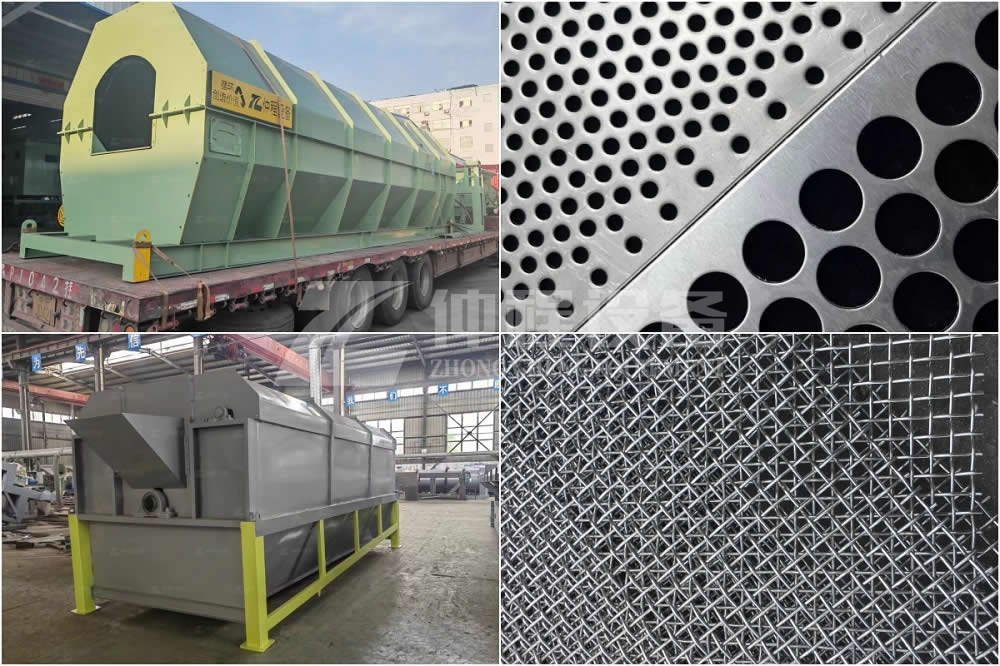
The landscape of waste sorting facilities and equipment is evolving rapidly, driven by technological advancements, policy changes, and public awareness. As countries around the world address their unique challenges, collaboration and innovation will be key to achieving sustainable waste management practices and protecting our environment for future generations.
-
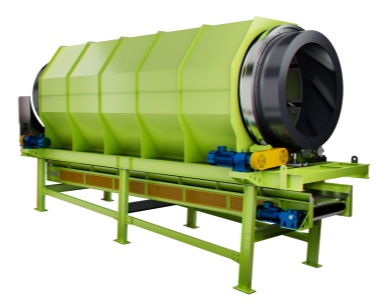 Trommel screenTrommel screen, also known as drum screens, are widely used in various industries for sorting and separating materials.Get Quote
Trommel screenTrommel screen, also known as drum screens, are widely used in various industries for sorting and separating materials.Get Quote -
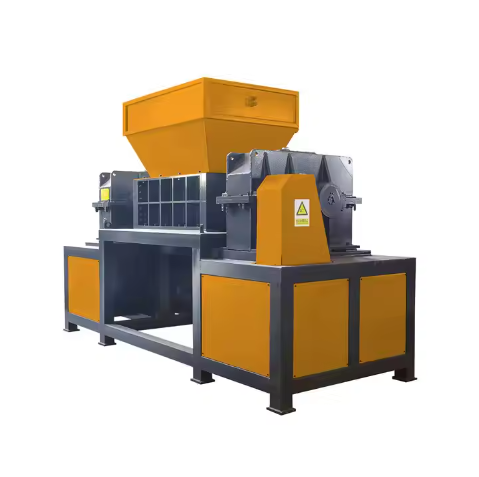 Crop straw double shaft shreddApplications:Biomass Energy Production: Shredded straw can be used as a feedstock for bioenergy plants to produce electricity or heat.Livestock Feed: Reduced-si...Get Quote
Crop straw double shaft shreddApplications:Biomass Energy Production: Shredded straw can be used as a feedstock for bioenergy plants to produce electricity or heat.Livestock Feed: Reduced-si...Get Quote -
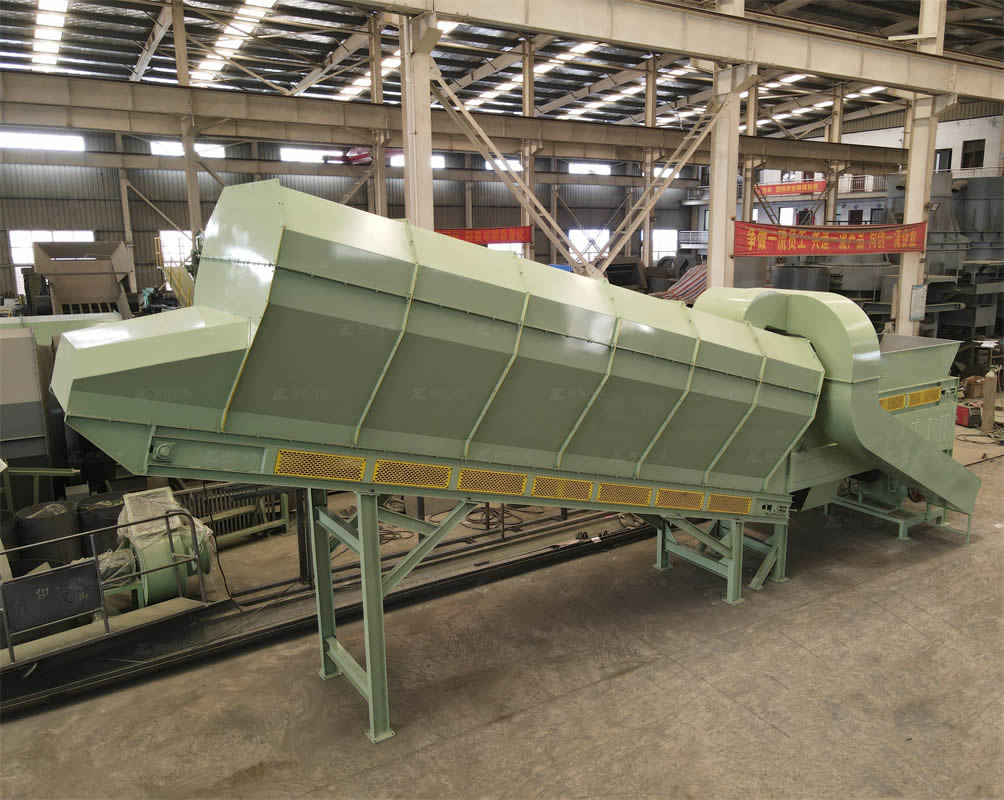 Zhongcheng Air Drum SeparatorAir drum separators effectively separate lightweight materials (e.g., plastics, paper) from heavier materials (e.g., metals, glass). This high efficiency is cru...Get Quote
Zhongcheng Air Drum SeparatorAir drum separators effectively separate lightweight materials (e.g., plastics, paper) from heavier materials (e.g., metals, glass). This high efficiency is cru...Get Quote
-
2023-01-11Ballistic SeparatorBallistic separators are a crucial component in modern recycling and waste management systems, contributing to more efficient resource recovery and environmenta...
-
2024-08-07Efficient Material Separation with Bounce ScreensThe ballistic separator is an important equipment with separation function designed for the sorting of inorganic particles in the coarsely crushed waste.
-
2024-08-28Scrap rubber product shredderThe shredder of waste rubber products not only helps to reduce environmental pollution, but also improves the reuse rate of waste rubber, which is one of the im...
-
2025-04-21Compact Copper Cable Granulator MachineThe compact copper cable granulator machine is a device used to recycle waste wires and cables. It separates the copper wire from the plastic sheath by crushing...
-
2024-10-23Solid waste recycling plantOur company engaged in waste sorting system . We are professional about waste sorting system . We have professional technical team. Professional technical team...



